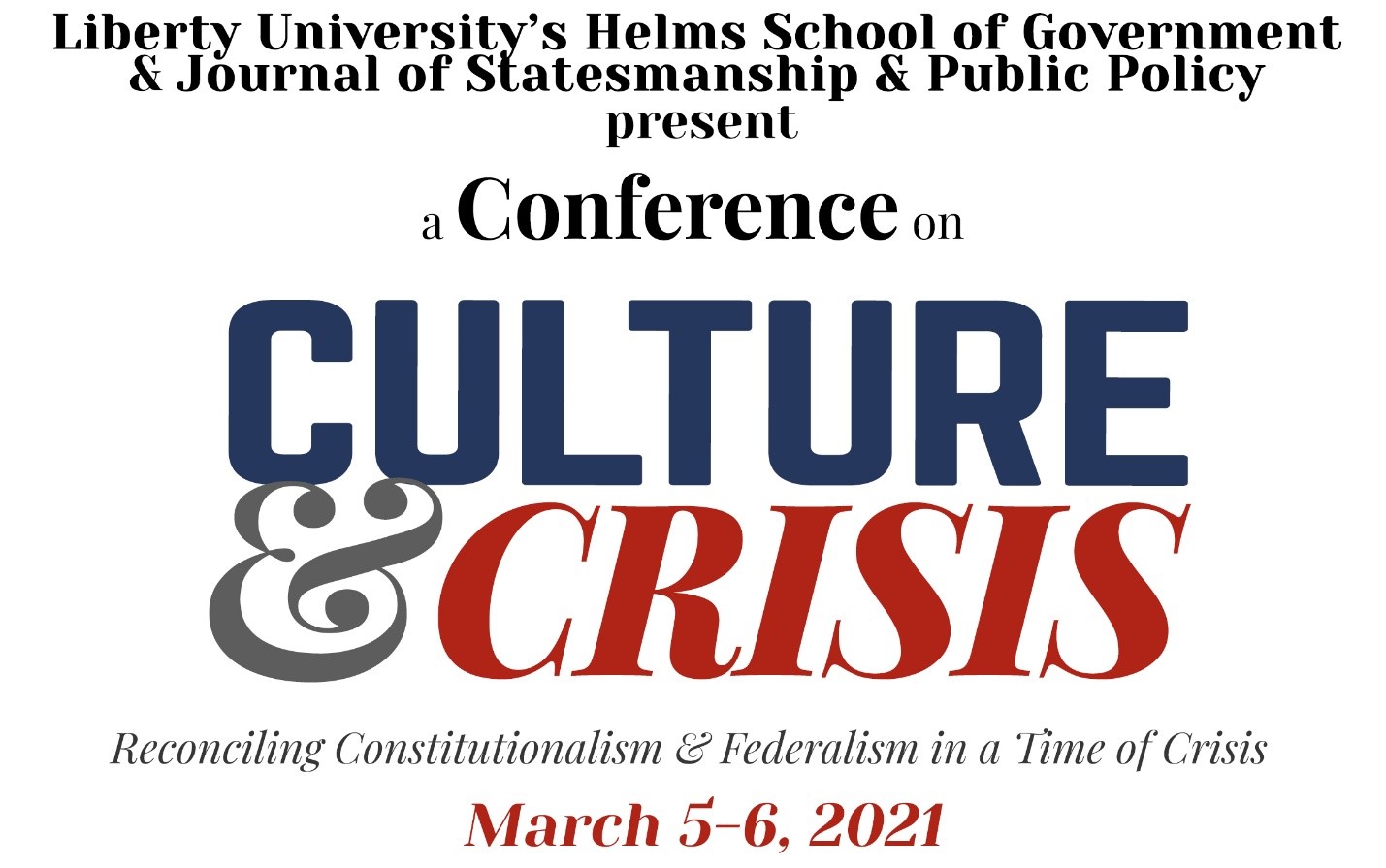Level of Education
Faculty
Keywords
Bible, Constitution, interpretation
Abstract
Politics and religion have united and/or divided people groups for as long as records have been kept. Currently most of the divisiveness tormenting America’s potential for harmony is in these two fields. The debates have many fronts and factions. This paper is an attempt to bring some clarity to the debate between religious conservatives and progressives over how the Constitution should be read. Conservatives are so named because they wish to preserve older interpretations which they believe best represent the original decisions – decisions conservatives for the most part still endorse. Progressives, on the other hand, argue that our new times require new measures. Moderate Progressives want to keep the old values, but argue for new policies to apply those values to modern times. Radical Progressives want to replace even the old values with something more up to date. Conservatives use history to discover the intention of the “framers” which they believe is best seen in how the framers of those values applied the law in their own times. Moderate Progressives follow a more complicated hermeneutic which argues that the true values underlying the framer’s decisions – when properly understood – must lead us now to different policies and practices. The radical Progressives are willing to start over with a new set of values.
The Bible and the Constitution: Reading Methods, Relevance, and Authority
Politics and religion have united and/or divided people groups for as long as records have been kept. Currently most of the divisiveness tormenting America’s potential for harmony is in these two fields. The debates have many fronts and factions. This paper is an attempt to bring some clarity to the debate between religious conservatives and progressives over how the Constitution should be read. Conservatives are so named because they wish to preserve older interpretations which they believe best represent the original decisions – decisions conservatives for the most part still endorse. Progressives, on the other hand, argue that our new times require new measures. Moderate Progressives want to keep the old values, but argue for new policies to apply those values to modern times. Radical Progressives want to replace even the old values with something more up to date. Conservatives use history to discover the intention of the “framers” which they believe is best seen in how the framers of those values applied the law in their own times. Moderate Progressives follow a more complicated hermeneutic which argues that the true values underlying the framer’s decisions – when properly understood – must lead us now to different policies and practices. The radical Progressives are willing to start over with a new set of values.



